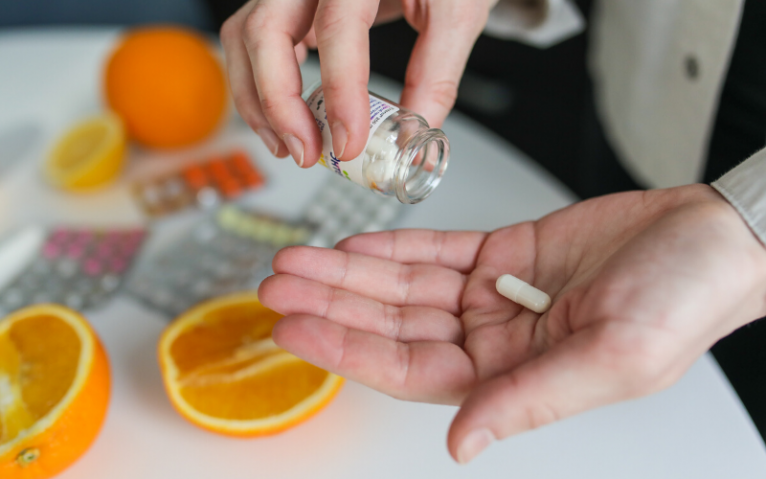Over 3.5 million wisdom tooth extractions happen every year in the United States. Unfortunately, many dentists prescribe opioids to patients who need post-procedure pain relief for their wisdom tooth removal. Until recently, the connection between dentist prescriptions and opioids addiction wasn’t clear. However, in 2018, the Journal of the American Dental Association published a revealing study that might indicate a strong relation to addiction among teenagers and young adults after a simple wisdom tooth extraction procedure.
Dentists & Opioids for Wisdom Tooth Removal
According to a study, dentists prescribe 1 in 10 opioids in the US. Recent studies confirm that those who fill opioid prescriptions for wisdom tooth removal are three times as likely to keep using opioids. Undoubtedly, the link between opioid prescriptions by dentists and long-term opioid use is irrefutable.
Of those who fill their prescriptions, people between the ages of 13 and 30 are at higher risk of persistent opioid use. In their late teens and early 20s had the highest odds of persistent drug use, weeks or months after the initial prescription.
Unfortunately, there are no prescribing recommendations for wisdom teeth surgery. So far, the only guidelines are to encourage dentists and oral surgeons to prescribe non-opioid painkillers before opioids. The American Dental Association recommends a prescription of less than a seven-day supply for patients with acute pain. However, this doesn’t stop the prescription for high-risk drugs like opioids.
What Can Parents Do?
Parents can often feel lost when dealing with an opioid prescription for their children. After all, these prescriptions come from doctors and experts. However, one study found that a dose of Ibuprofen and Acetaminophen can be effective, if not better, than opioids for dealing with tooth extraction pain.
Here are some solutions parents can use when dealing with wisdom tooth extraction post-treatment medications:
- Make sure they receive a non-opioid medication prescription
- Discuss other opioid alternatives that aren’t addictive
- If your child gets an opioid drug, then track their medication and dispose of leftover pills
- Talk to your children about the risks of opioid misuse and abuse
Signs Your Child is Misusing Opioids
As studies now show, opioid addiction after removing wisdom teeth is more common than we believe. If your child receives an opioid prescription from their dentist to follow as a post-procedure treatment for pain management, it’s paramount that you monitor their behavior to spot any sign of opioid misuse.
Watch out for the following early signs of drug misuse:
- Changes in behavior
- Changes in friends
- Skipped classes
- Loss of interest
- Consistently getting in trouble at school
- Secretive behavior
- Sudden weight loss
- Sharp changes in mood
Listen to your instincts. No one knows your child better than you. If you believe your child is misusing prescription medication, confront them. Have an honest and supportive conversation with them.
Let them know that you’re not there to punish them but to help them. Over 67,000 people die of an opioid overdose every year. Early detection, intervention, and treatment is the key to prevent overdoses.
Non-Opioid Options for Tooth Extractions
There are many non-opioid solutions for tooth extractions that offer the same pain relief. Dental pain is the result of swelling and inflammation. Using non-steroidal anti-inflammatory (NSAID) drugs can be as effective as opioids. Studies show that a combination of Ibuprofen with Acetaminophen can help with pain relief after tooth extraction and dental surgery.
Patients can also discuss with their dentists about Exparel. Unlike other substances, Exparel is a local anesthetic injection that suppresses pain for up to 72 hours, enough for inflammation pain to subside.
Prescription opioids and heroin are very similar. However, heroin is cheaper and more easily accessible. It’s well-known that opioids are the gateway to heroin addiction. Don’t let your children fall for that trap.
Educate yourself and your children about the dangers of prescription opioids and move towards a non-opioid treatment plan whenever you can.









